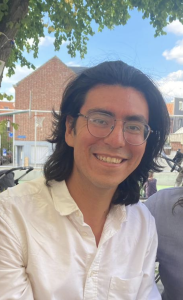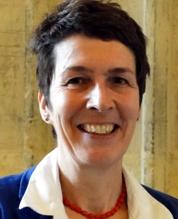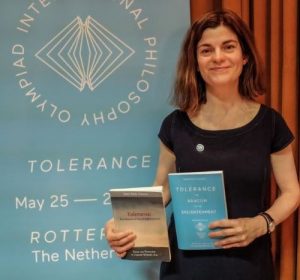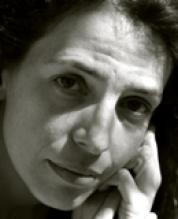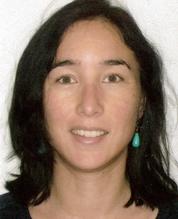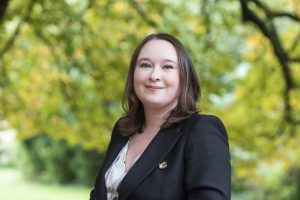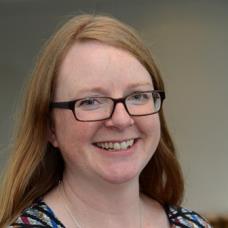About the Course
Classics and Modern Languages enables you to combine study of either one or both of Latin and Ancient Greek with one modern language (French, German, Modern Greek, Italian, Portuguese, Russian, Spanish, Czech). NB. Beginners’ Russian is not available.
The Modern Languages Faculty is one of the largest in the UK, with a major research library (the Taylorian) and a modern, well-equipped Language Centre fitted with satellite and computer-assisted language learning facilities. Undergraduates will also have the opportunity to develop oral proficiency in the modern language by regular contact with native speakers.
Students take a year abroad in a foreign country before their final year. Most undergraduates spend their year abroad as a paid language assistant in a foreign school. Colleges assist in arranging these placements, and colleges or the Modern Languages Faculty may also provide financial support. College support may also be available to help undergraduates with academic-related travel to Italy or Greece.
Your time is divided between lectures, language classes, tutorials and private study. Most of your work will be in preparation of essays for your tutorials, although the systematic reading of literary texts, not necessarily aimed at any particular tutorial, also requires a considerable input of time and effort.
The course involves extensive study of major literary texts, alongside training in linguistic skills. There are several options available, which you must choose between at the time of application.
Option A:
Option A divides its time evenly between Classics (mostly language and literature) and Modern Languages.
This option lasts four years for students who have studied Latin and/or Greek to A-Level or equivalent, and five years for those who are taking the version with Beginners’ Latin or Greek. Option A is also known as the ‘Prelims route’, because you will take a Preliminary Examination similar to that taken by Classics and English or Modern Languages students.
With the year abroad, this option is total of four or five years.
Option B:
Option B begins with a focus on Classics. For the first five terms, students take all the same options available to students of Classics:
- Greek and/or Latin language,
- literature,
- ancient history,
- archaeology,
- philology
- and ancient or modern philosophy
This option lasts four years, whether or not you have any prior experience in Latin or Greek. Option B is also known as the ‘Mods route’, because you will take Honour Moderations (first exams) in Classics, which are identical to those taken by Classics students.
With the year abroad Option B is a total of five years.
For details on the course structure, click here.


